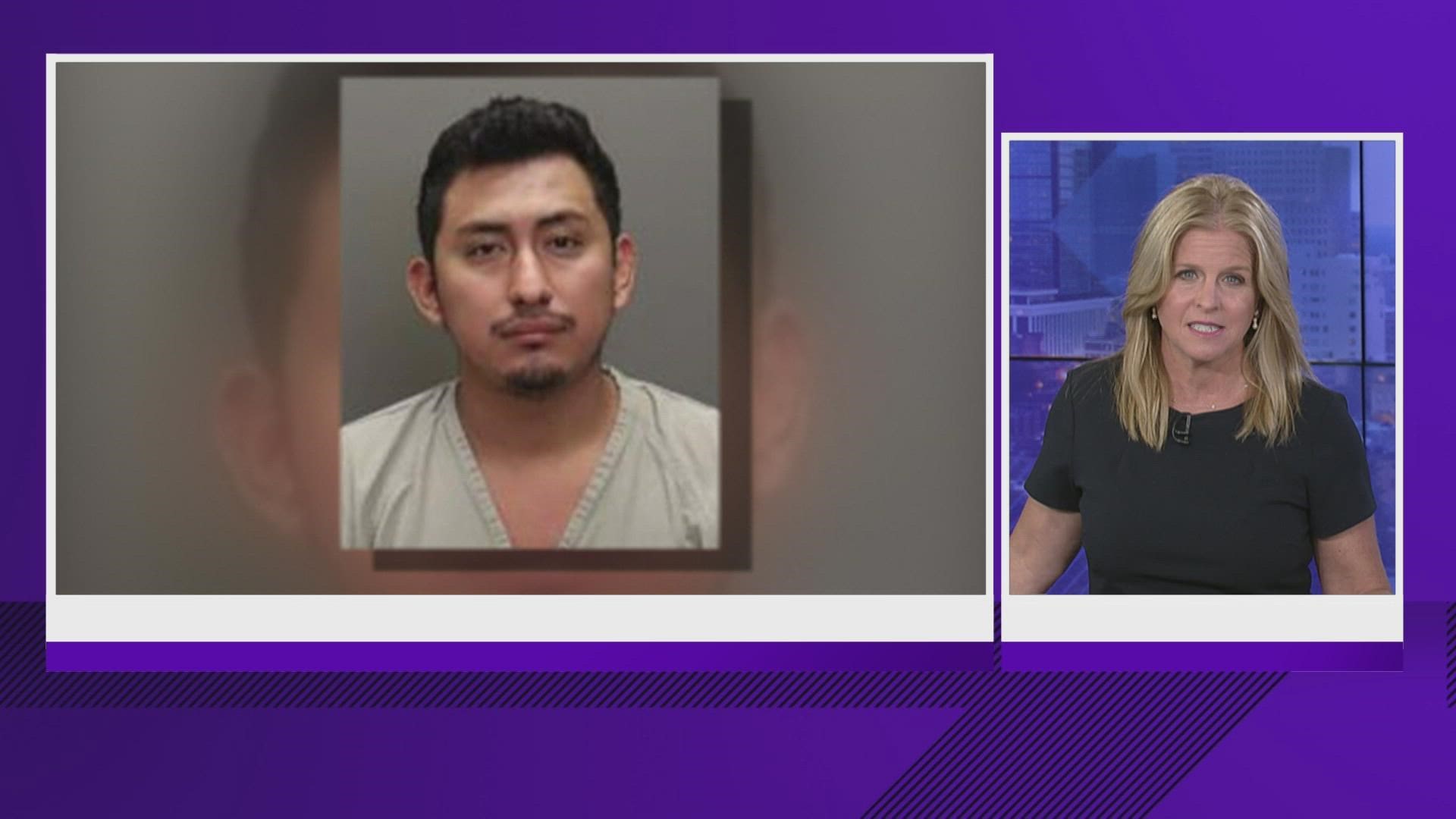INDIANAPOLIS — Dr. Caitlin Bernard — who has become a household name in the past few weeks after providing an abortion to a 10-year-old rape victim from Ohio — published an op-ed in the Washington Post, giving her side of the story and sharing perspective as a physician advocating for abortion access for her patients.
Bernard, an Indianapolis obstetrician-gynecologist, first came under fire after news broke that she provided an abortion to a 10-year-old girl from Ohio.
Attorney General Todd Rokita took issue with the abortion. On the Fox News show "Jesse Watters Primetime," he announced he was investigating the doctor. He also made unsubstantiated claims that she had a “history of failing to report" and questioned whether she had followed Indiana law in providing an abortion for the 10-year-old girl.
"...for the past few weeks, life has been hard — for me and for my family. I’ve been called a liar. I’ve had my medical and ethical integrity questioned on national television by people who have never met me. I’ve been threatened. And I haven’t been able to talk and explain what I stand for," Bernard wrote.
RELATED: IU Health says Indianapolis doctor found compliant with privacy laws despite AG Rokita's claims
In the op-ed, Bernard said she got the chance to give her side of the story. She explained that she's one of the few OBGYNs in the state who provide abortion services.
She described her work as fulfilling, in that it serves patients who "need urgent medical help" and that she's able to "answer calls by saying, 'Yes, of course, we’ll take care of her.'”
"My mission has always been to provide the best care to each patient who comes to me. This is based on my training as a physician and because I feel a moral and ethical obligation to provide compassionate care," she said.
As lawmakers debate abortion access in Indiana this special session, Bernard said that even under current laws, she can legally only provide abortions in cases that are urgent.
"Even under the protections of Roe v. Wade, abortion care in my state has been limited and almost always urgent, difficult to access or both: She has been raped; she is bleeding; she has terrible heart disease; she is in an abusive relationship; she lives three hours away," Bernard said.
Bernard said she fears further reductions to abortion access in the state and said, from her point of view, her job becomes infinitely harder when she legally has to say "no" to patients in need of care.
"For every patient who finds me, whose health or life improves under my care, who thanks me, I know I have made their world a little better. It is infinitely harder to be on the other side of the story now. Imagine being forced to tell someone in crisis: 'I know how to take care of you, and I have everything needed right here, but our state government has told me I can’t,'" Bernard wrote in the op-ed.
She continued by writing, "This goes against everything we stand for as physicians and everything we stand for as a society: compassion, love, respect, autonomy."
Bernard argues that in states with tight restrictions on abortion access, physicians struggle with having amassed knowledge on how to provide their patients with care, only to have to deny them because "the government has tied our hands."
"This is what keeps me up at night. As states move to severely limit abortion care or ban access entirely, health outcomes for girls and women will get worse. Patients will be forced to find care in faraway, unfamiliar places; to continue dangerous, traumatic or unwanted pregnancies; to turn to desperate measures. Some won’t be able to access care until it’s too late," she said.
She concluded with a statement saying the Legislature should not, "be in the business of deciding who gets medical care and who does not."
The special session on abortion access and inflationary relief for Hoosiers began Monday.
On July 20, Senate Republicans released details on the bills it would be presenting. Senate Bill 1 outlines restrictions, while Senate Bill 2 details $50 million in support programs that will be offered to women and girls, mothers and families.
Senate Bill 1 would greatly ban abortions except if the pregnancy was a result of rape or incest or would cause a "substantial permanent impairment of the life of the mother."
The bill would also make it illegal for clinics that currently provide abortion care to continue providing that care.
Senate Assistant President Pro Tempore Sue Glick, R-LaGrange, said this bill "does not criminalize women seeking an abortion."
The bill's language says it would provide a defense for any pregnant mother who's criminally charged for having or trying to have an abortion. It also specifies that doctors who provide abortions can only be charged with certain crimes.

